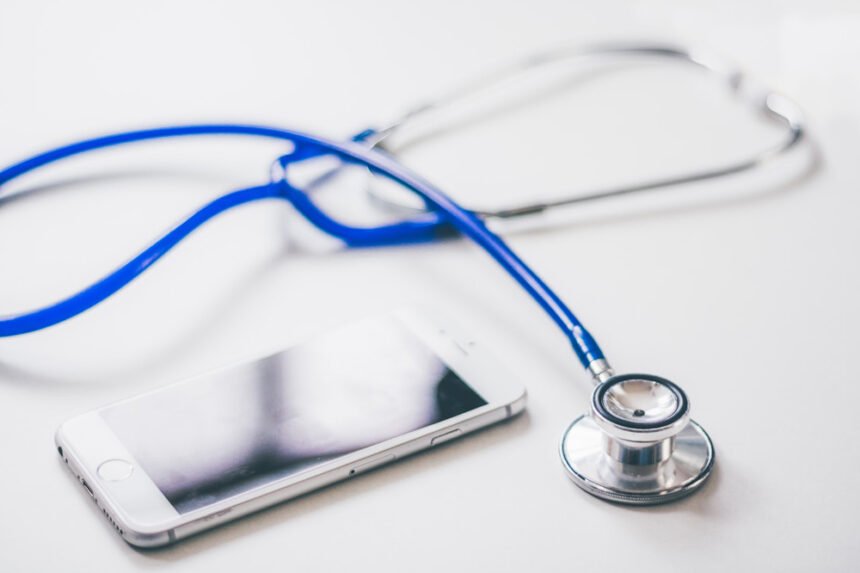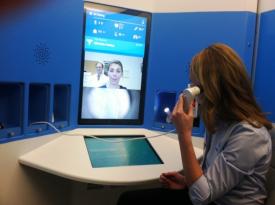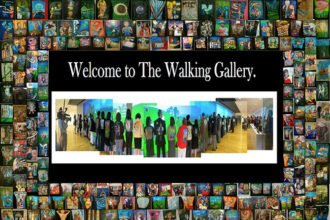When Republican Congressman Jason Chaffetz glibly remarked that Americans struggling to afford insurance should choose between that and their smartphones, he was being classist and deeply misguided, but he also triggered an important conversation; smartphones play a significant role in healthcare today. Many Americans pointed out that to make an appointment, communicate with doctors, and manage medications, a smartphone is a must have ? and the use of such tools in American healthcare is only increasing. That being said, many doctors have noted an alarming trend ? smartphone addiction, especially in youth ? that demands attention. As healthcare professionals, how do we balance the modern need for such devices in everyday life, their health benefits, and the potential damage they can do? Another Addiction Though some people challenge the idea that it?s a genuine addiction, technology addiction is a real problem, triggering many of the same pleasure pathways in the brain as traditional addictive substances. Additionally, in teens, the need for social approval ? or the need to escape an abusive peer group ? can lead them to withdraw into the digital world. It?s a self-amplifying process. At a time when kids are added to family plans in elementary school and have largely unmonitored access to the internet via unlimited data plans and endless texting and messaging capabilities, a phone bill no longer reveals teen phone addiction the way it might have in the early 2000s. This means that doctors and parents need to be even more vigilant. Adults aren?t out of the woods when it comes to technology addiction, of course. Though older adults are more likely to struggle with prescription painkiller abuse or alcoholism, we?ve seen evidence of technology addiction in adults for many years, largely as outgrowth of gambling and porn addictions. Access to a digital platform for these activities changed the game for addiction specialists. Still, a higher number of older adults, particularly those over age 60 who would not be considered digital natives, say taking a break from technology wouldn?t be a challenge. Better Health Through Technology? Of course, much like substances that have a legitimate use, yet can still create addiction ? think prescription meds ? there are also legitimate roles for smartphones in healthcare. Digital health technology connects medical teams to their patients and can especially benefit those with disabilities, particularly individuals with limited verbal communication or hearing impairments that make phone interactions cumbersome. Those with mobility limitations may also find it beneficial to reach doctors digitally as a first line of defense, rather than making an unnecessary trip to the office. One of the prime areas of conflict for health professionals weighing the benefits of technology use is situated around mental health. People suffering from depression, for example, may find it easier to retreat into a digital world, but for some the connections made there can be lifelines during a difficult time. Similarly, apps like Woebot, developed by psychologist Alison Darcy, aim to offer added support to underserved populations, building depression treatment plans using an algorithm. Many people with mental health problems rely on similar apps. Those without diagnosed mental health disorders can also benefit from smartphone-based wellness apps. In our hyper-driven culture, mindfulness apps like Aura and Headspace can help people take time out of their day and check in with themselves, reducing stress and anxiety in the long term. Others, such as Forest can actually help reduce technology dependency by encouraging people to look away from their phones ? you only grow your Forest by leaving the app and the rest of your device idle. Ultimately, there?s no one size fits all approach to technology ? healthcare professionals need to observe patient behavior and symptomology before recommending either a tech-based solution or a technology hiatus. We?ve all become dependent on that constant connection and the quick solutions it can offer, and that includes doctors. Like so much else in life, though, we should be moving towards greater moderation.







